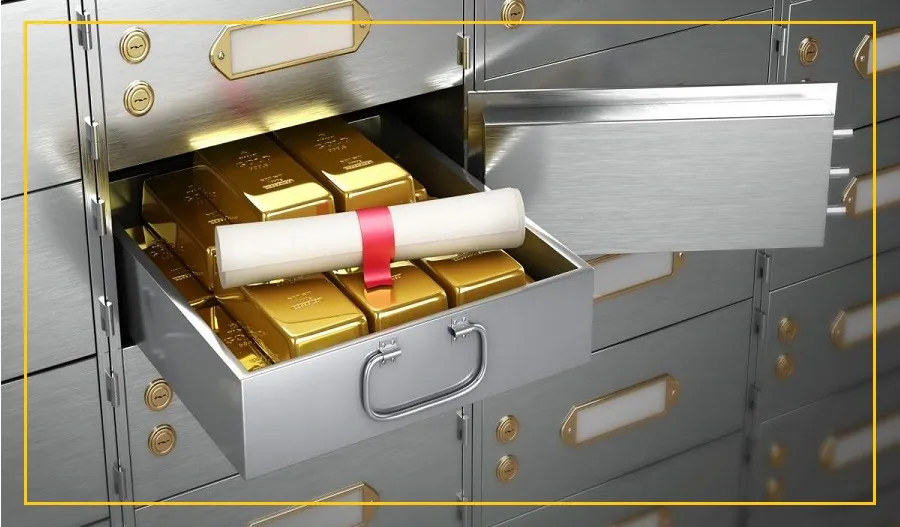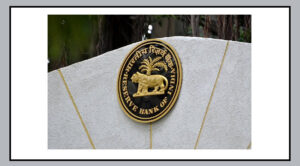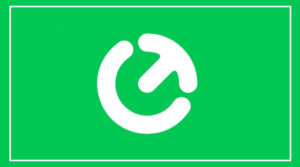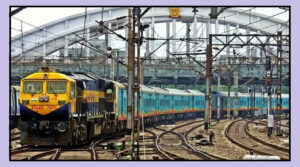Many banks offer locker facilities where customers can securely store important documents, jewelry, and other valuables.
These are known as Safe Deposit Lockers.
While you may think you can store anything in a bank locker, the Reserve Bank of India (RBI) has specific rules governing their use.
Here’s a comprehensive guide to help you understand these rules and how they impact the safety of your belongings.
What Can Be Kept in a Bank Locker?
According to the RBI, bank lockers are to be used for legitimate purposes only. You can store valuables such as jewelry and important documents.
These items remain secure in the locker, providing peace of mind.
Prohibited Items in Bank Lockers
Certain items are not allowed to be stored in bank lockers. According to the State Bank of India’s guidelines:
- Cash or Currency: Keeping cash in lockers is prohibited.
- Weapons and Explosives: Items such as guns, explosives, and other dangerous goods are not allowed.
- Drugs: Storing drugs or any illegal substances is strictly forbidden.
- Perishable Items: Items that can spoil or degrade over time are not permitted.
- Radioactive Materials: These, along with any other items illegal under Indian law, cannot be stored.
Anything that could pose a threat to the bank or its customers is also prohibited.
How Bank Lockers Operate
Bank lockers require two keys to open: one held by the customer and the other by the bank manager.
Both keys must be used simultaneously to access the locker.
Lost Locker Key: What to Do
If you lose your locker key, you must inform the bank immediately and file an FIR. Two potential actions can be taken:
- Issuing a New Key: The bank can get a duplicate key made, but this comes with risks, as the person making the key could misuse it.
- Issuing a New Locker: The bank can break open the old locker and transfer its contents to a new locker.
The customer will bear the cost of breaking and repairing the locker.
Procedure for Breaking a Locker
When breaking a locker, both the customer and the bank officer must be present.
If the locker is jointly held, all members need to be present unless the customer has provided written consent to break the locker in their absence. In such cases, the contents are transferred to a new locker.
When Can the Bank Break the Locker?
A bank can break a locker under specific circumstances:
Criminal Cases: If there’s a criminal investigation and the locker is suspected of containing items related to the crime, the locker can be broken in the presence of police officers.
Unpaid Rent: If a customer fails to pay the locker rent for three years, the bank can break the locker to recover the dues.
Inoperative Lockers: If a locker remains inactive for seven years and the customer cannot be traced, the bank can break it open even if the rent has been regularly paid.
Understanding these rules will help you use bank lockers more effectively and ensure the safety of your valuable items.

























